31
Mar 2023
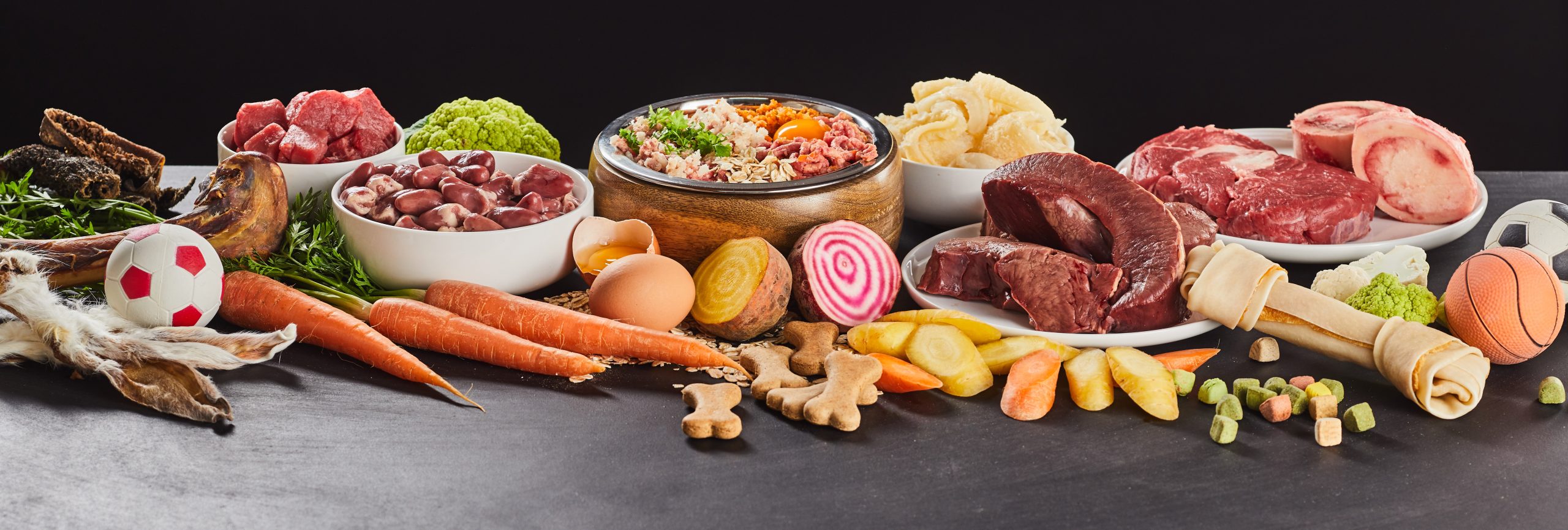
Home-cooking for pets can be complex and there are a number of common misconceptions and mistakes that often come up in the days and weeks after a home-cooked meal plan is started. By reviewing common issues, we hope that we can reduce their frequency! ...
Read More
19
Dec 2022
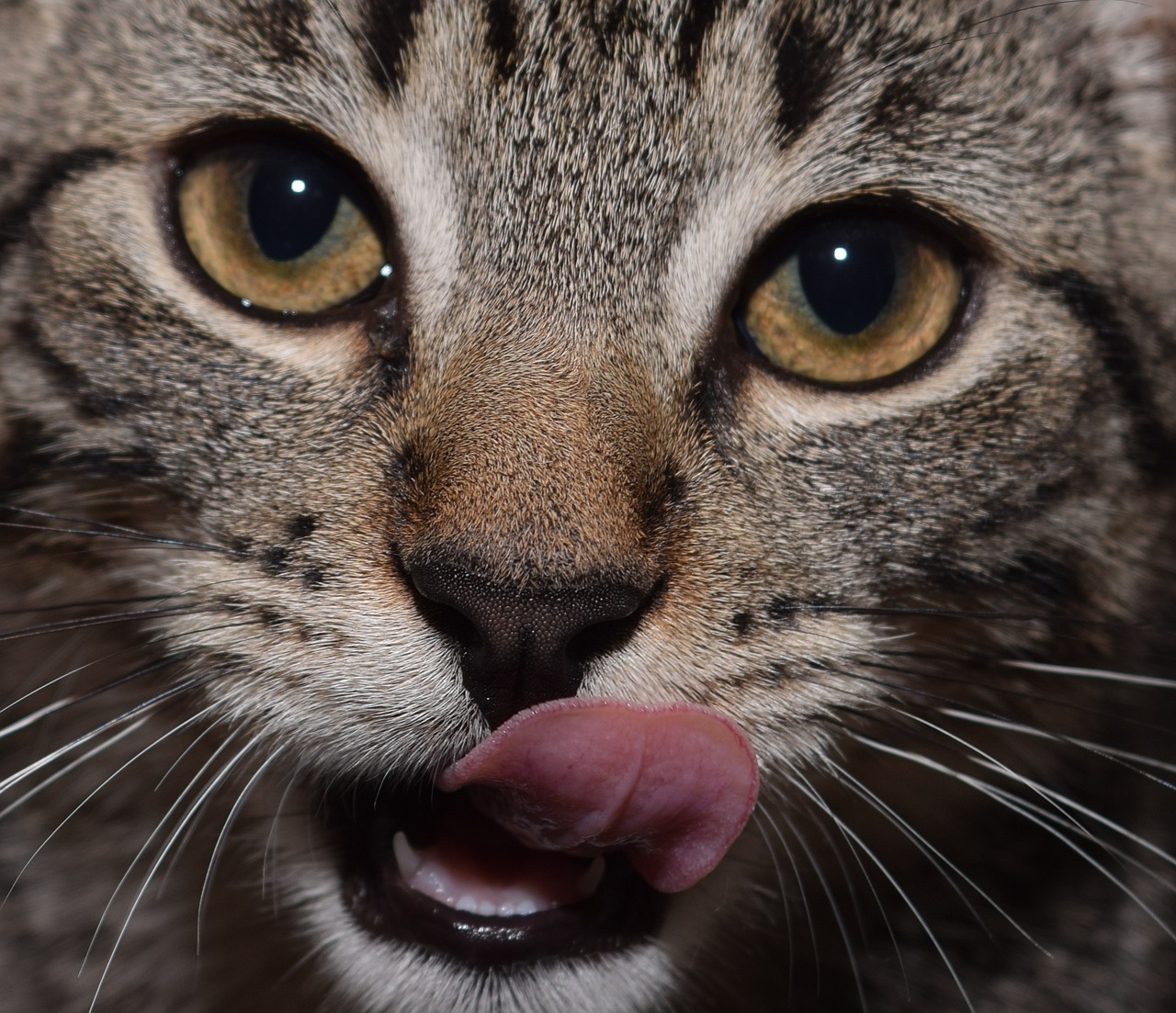
What's the best food temperature to keep your cat eating well? A new study provides some answers....
Read More
25
Apr 2022
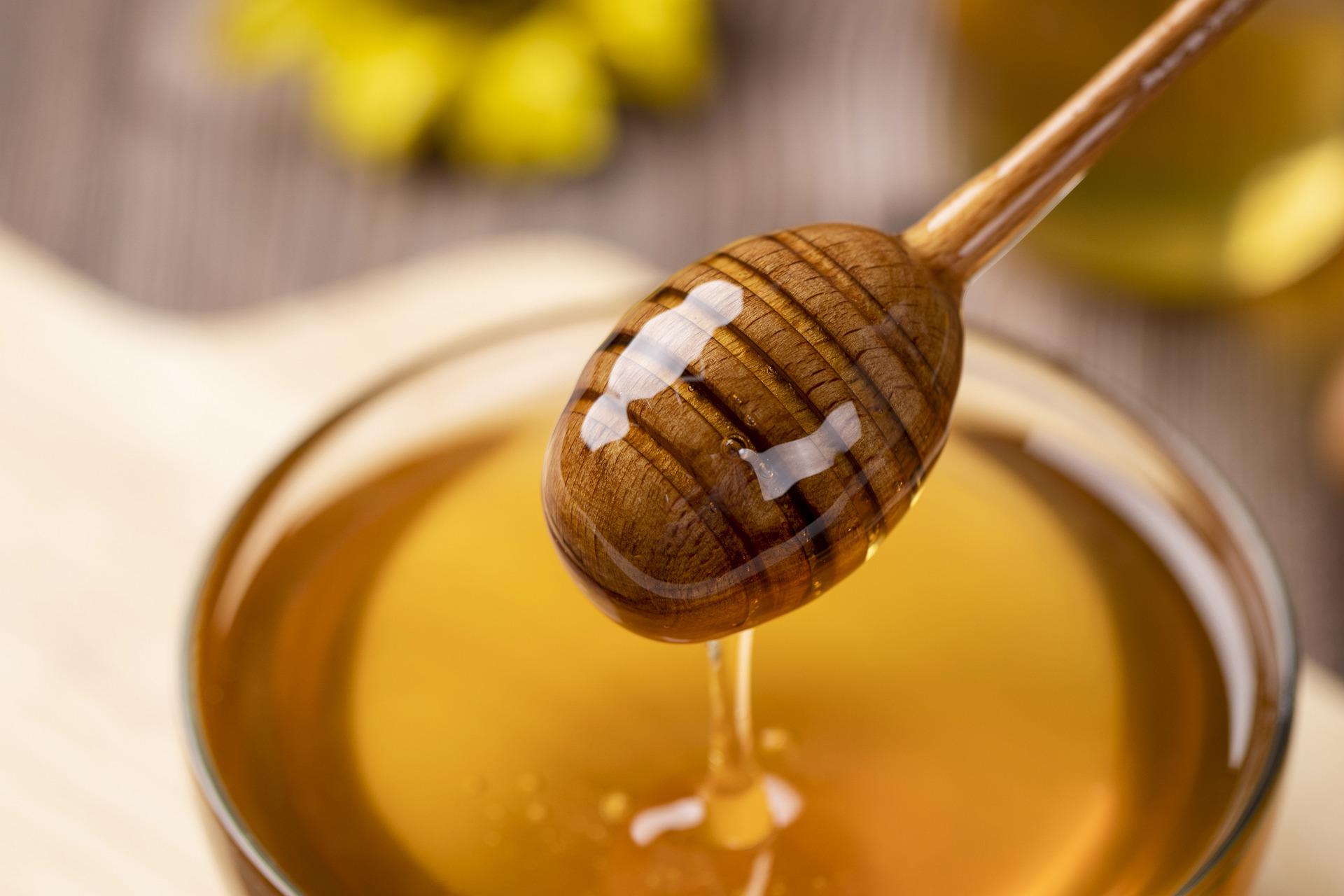
Because many people can have a ‘sweet tooth,’ I often get asked by pet owners if dogs or cats can also have similar cravings for sugary foods – and most importantly, are sweets (like honey or maple syrup) safe to add to food?...
Read More
31
Jan 2022
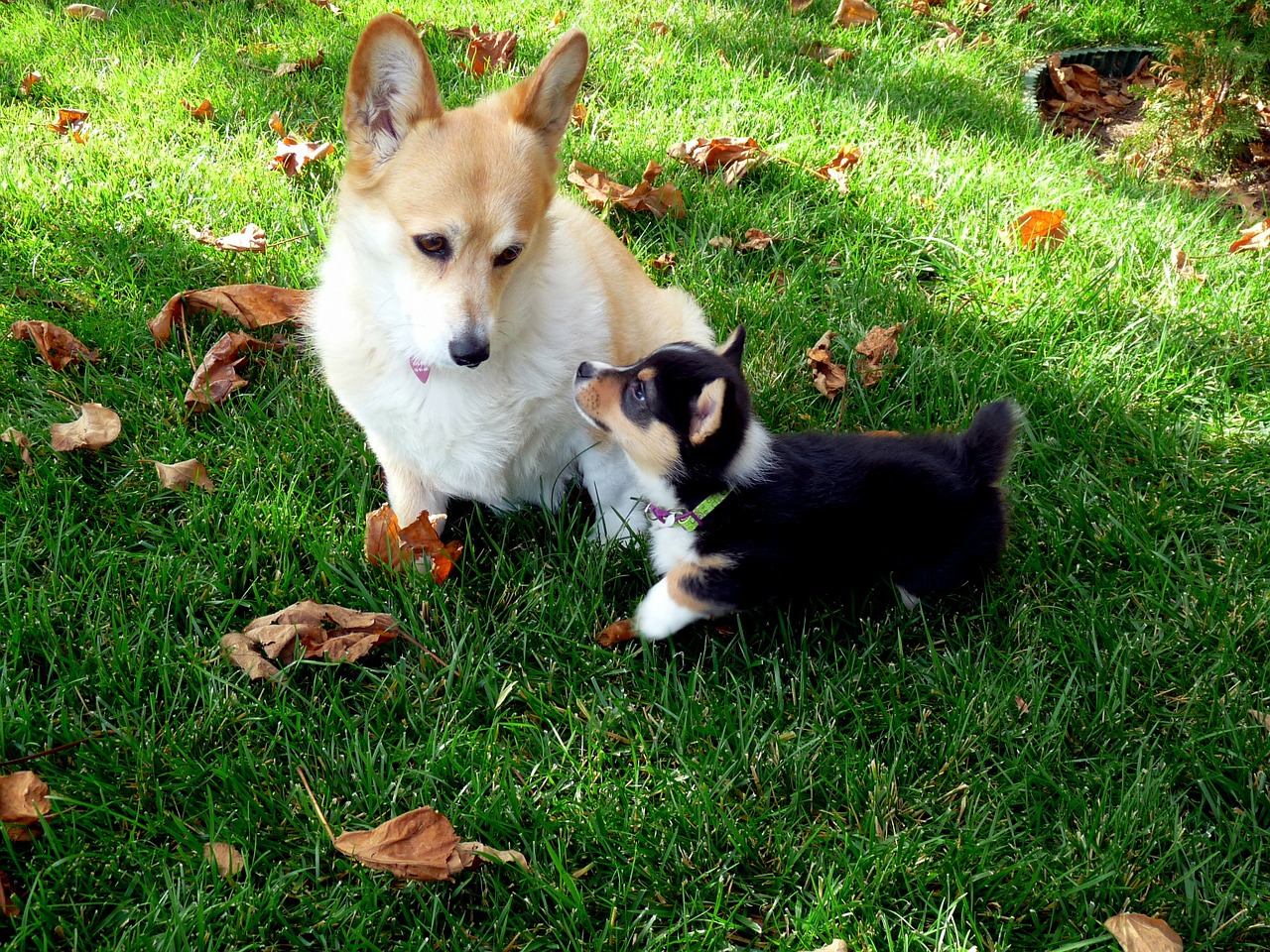
Growing puppies have very specific nutritional requirements that are different from those of adult dogs. Too much food can result in too fast growth, which can have lifelong consequences, especially for larger breed dogs. Using a growth chart can get (and keep) your pup's growth on track. ...
Read More
11
Nov 2016

What do the numbers on the back of the pet food bag mean? If you’ve ever been confused by what to do with those numbers, we’re going to break down the basics of pet food nutrition math. ...
Read More
23
Feb 2016
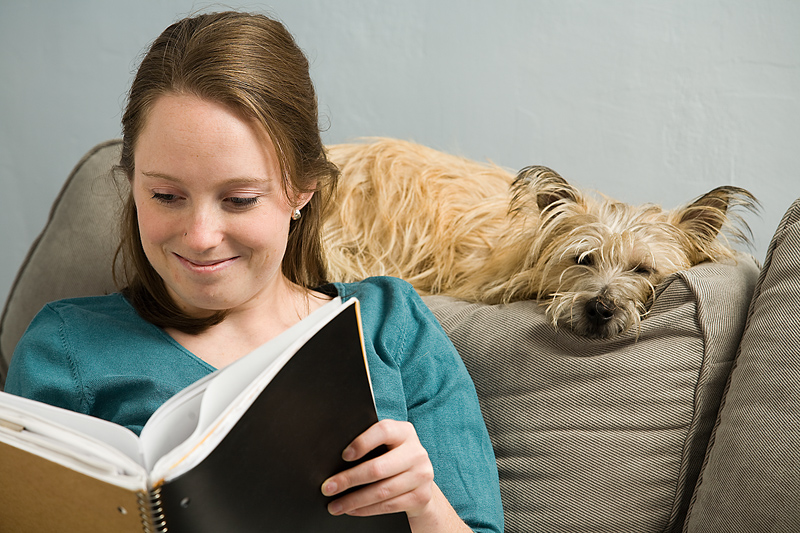
All animals have basic nutritional needs that must be met for them to live long, healthy lives. “Essential nutrients” are called such because our bodies and our pets’ bodies are incapable of making enough of them on their own and so we must get what we need from food....
Read More
09
Feb 2016
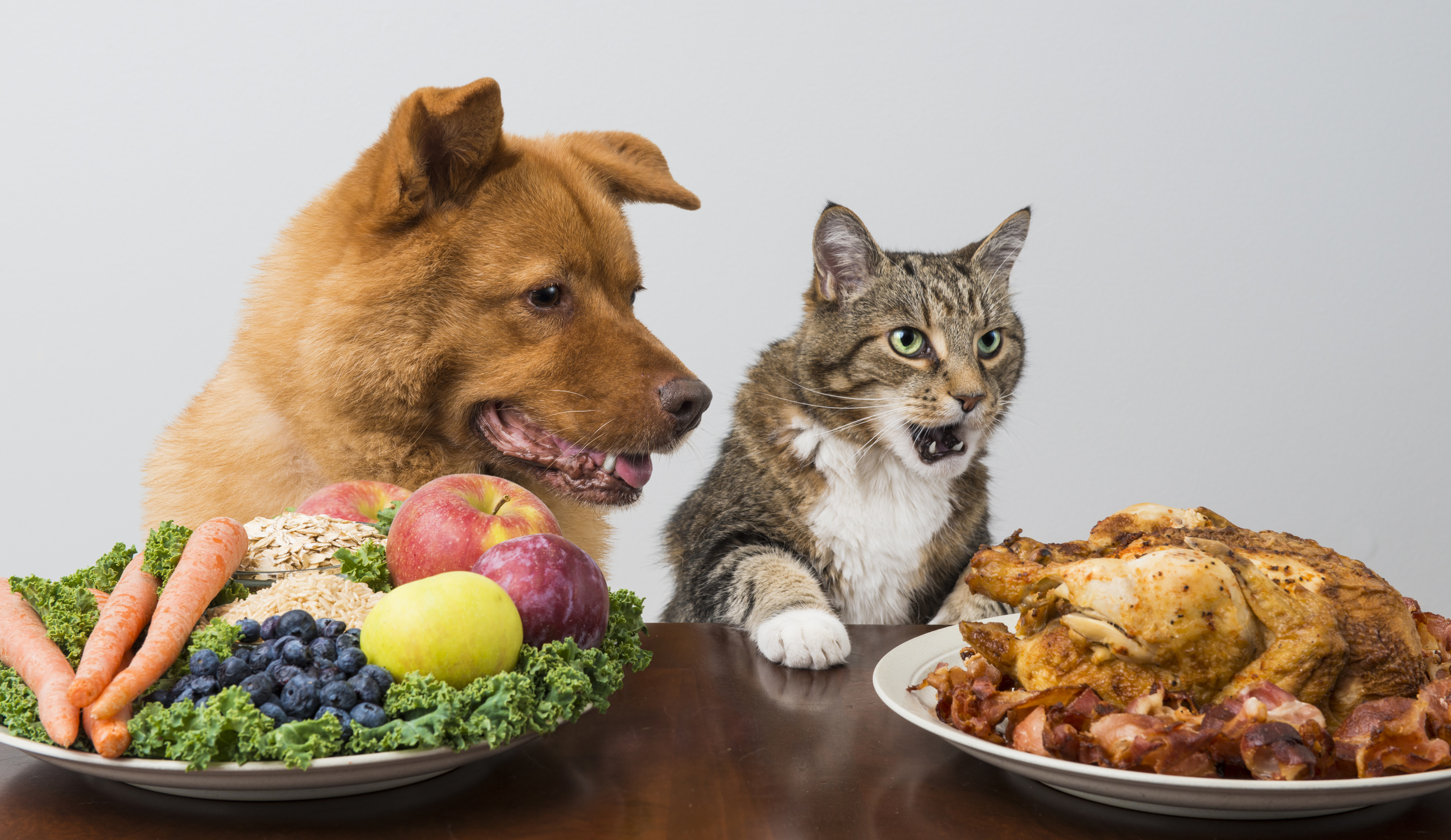
Veterinarians decide how many calories your pet needs by looking at their current weight, their body condition (are they over or under-weight or just right?), and what they’re currently eating....
Read More
